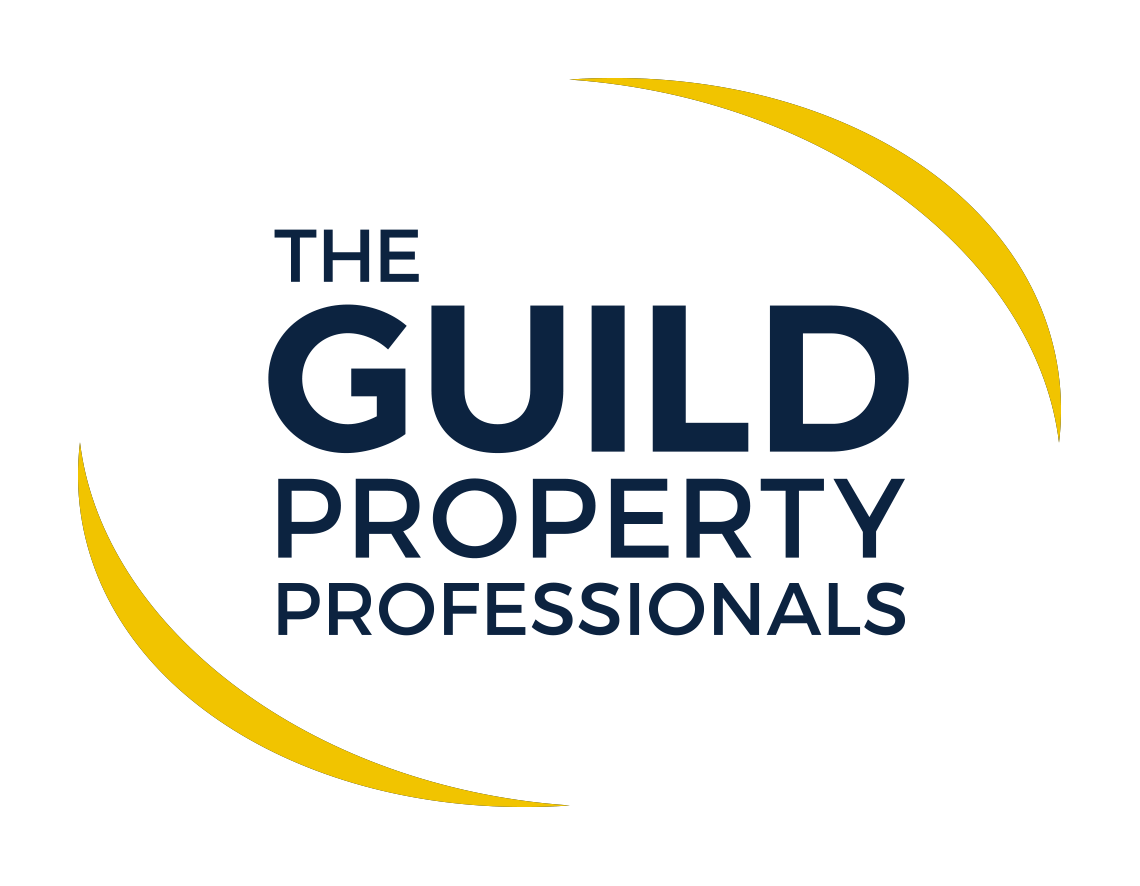Should agents be obtaining evidence of the legal ownership for a seller and is it a legal part of Anti Money Laundering (AML) regulations? Compliance Officer for The Guild of Property Professionals, Paul Offley, says that while it is an AML requirement to identify the legal/beneficial owner, obtaining a copy of land registry documents is not specifically mentioned in the legislation, although it is certainly something which HMRC recommend as best practice and if an agent was ever subject to a HMRC review.
“In my opinion, whether it is a requirement for the AML process or not, it is still the right thing to do as it identifies who the legal/beneficial owner of the property is, and not just that the person instructing the agent is named on the title deeds,” adds Offley. “Other benefits include the fact that it allows the agent to complete their AML checks on all legal owners. It also prevents any delays to an agreed sale at an advance date and the potential of any Consumer Protection from Unfair Trading Regulations (CPR) claim against an agent from a buyer who backs out due to delays with a previously unknown owner suddenly appearing.
Offley continues that in the instance where an agent is taking any instruction from a landlord to let a property, it then confirms that person instructing the agent is actually the landlord and owner of the property.
“Plus, and importantly, it is a requirement of The Property Ombudsman code of conduct which states that the agent must take reasonable steps to confirm legal ownership, such as a land registry search or copy of the title deeds, or similar,” advises Offley.
How do agents go about confirming legal ownership? Offley advises there are a few ways, such as obtaining a copy of the title register from Land Registry at a cost of £3. Agents can get their client to forward a copy of the same or a copy of the title deeds or they can get the seller’s solicitor to confirm all legal/beneficial owners - this should only be used where the previous two options are not available, and the agent should ensure that it confirms that no other names are listed on the title deeds. Lastly, if the agent is signed up to the Movebulter product offered by iamproperty, then this is an option available to them and used from the credits that they have purchased.
“Regardless of the option an agent decides to choose, the important bit is that they can demonstrate legal ownership and know that the person who has instructed them to either sell or let the property has the authority to do so as the owner,” Offley concludes.

